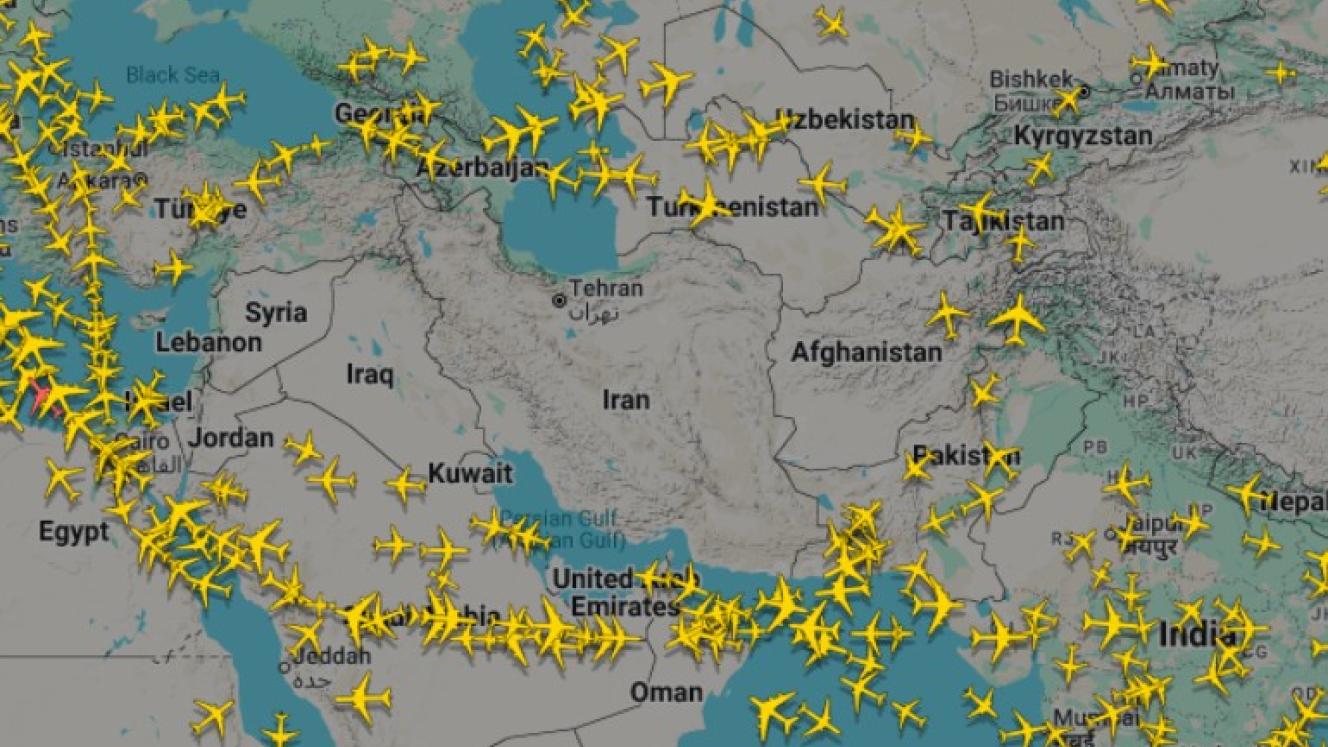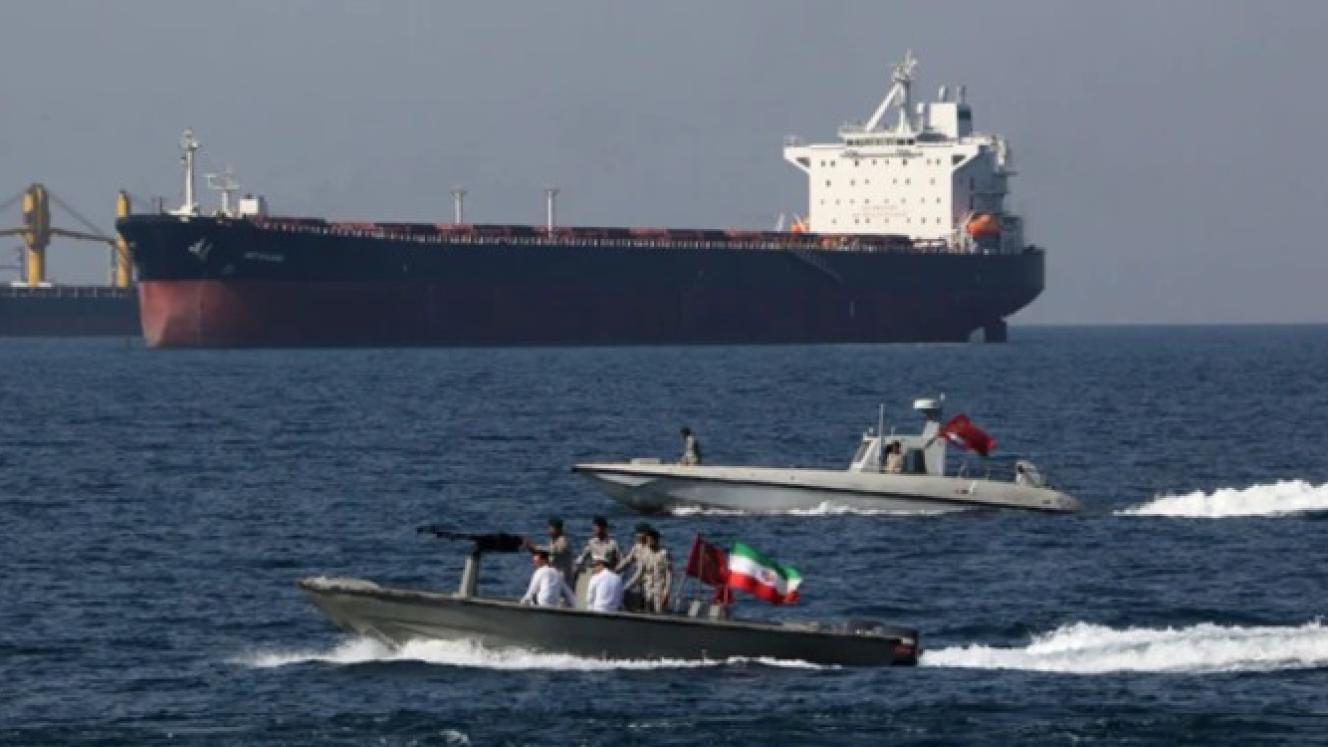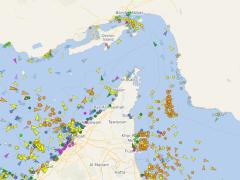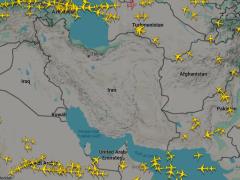Flights to and from Qatar’s capital have resumed after the Persian Gulf country closed its airspace on Monday because of Iran’s planned reprisal attack on Al Udeid Air Base, about 19 kilometres southwest of Doha.
The missile attack on America’s largest military facility in the Middle East, housing up to 10 000 personnel, did not inflict any injuries and was declared “weak” by US President Donald Trump.
However, Iran’s earlier warning to Qatar that it was about to stage an attack on its territory, and that no civilians or public infrastructure were being targeted, still resulted in significant airspace disruption.
Airfreight operations were immediately adjusted to avoid the area, but on June 24, as it emerged that Israel and Iran had agreed to a ceasefire, Qatar Airways announced that operations were restarting.
“We are working tirelessly with government stakeholders and the relevant authorities to restore operations as quickly as possible,” an airline statement said.
Emirates SkyCargo reported that the ongoing geopolitical instability in the region had prompted it to uplift additional fuel on flights departing from Dubai, according to Air Cargo News (ACN).
This precautionary measure may result in payload restrictions and offloaded shipments.
It was also reported that developments shortly after noon Central Africa Time (CAT) seemed to suggest that the ceasefire had collapsed, but no new information from Qatar Airways was forthcoming.
As per earlier reports, flights in and out of Doha were still possible by 13:15 CAT.
America’s stealth fighter bombing of three separate crucial installations in Iran over the weekend triggered a wave of airline disruptions running into Monday, as numerous carriers suspended flights to destinations such as Doha, Dubai and Riyadh.
ACN reported that airlines known to have cancelled services included British Airways, Air France-KLM, Singapore Airlines, Air Canada, Finnair, Air Astana, United Airlines and American Airlines.
This is in addition to the ongoing suspension of operations to and from Israel, Iraq, Iran, Jordan, Lebanon and Syria since early June, owing to the broader regional conflict and widespread airspace restrictions.
Commercial aircraft continue to divert around the primary conflict zone, with data from FlightRadar revealing significant rerouting across the region. Much of the affected airspace has remained devoid of air traffic since Israel commenced strikes on Iran.
Tracking data from FlightAware shows 27 outbound and 10 inbound flights have been cancelled at Dubai on Tuesday.
Doha has seen seven outbound and eight inbound cancellations.
Despite these operational challenges, air cargo capacity to and from the Middle East remains relatively stable compared with early June.
Figures from Rotate show that capacity from the Middle East to Europe totalled 13 000 tonnes between Saturday and Monday – approximately 1 000 tonnes lower than during the 7-9 June period.
In contrast, cargo capacity from the Asia-Pacific region to the Middle East rose by 2 000 tonnes to 18 000 tonnes over the same timeframe.













